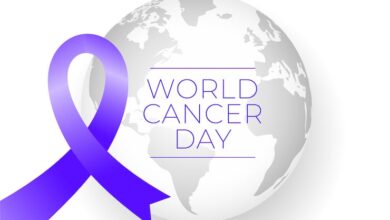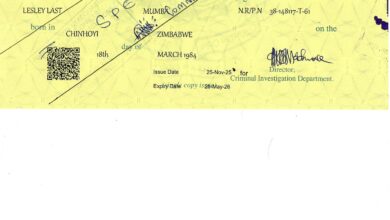Binga’s wetlands could shine on global stage as Ramsar Convention Comes to Zimbabwe

Bwami Chonga Mudimba
As the world turns its attention to Zimbabwe for the upcoming Ramsar Convention on Wetlands, set for July 23–31, 2025, in Victoria Falls, communities in Binga District are stepping up to ensure their unique ecosystems are recognized.
This international event—focused on the conservation and sustainable use of wetlands—presents a powerful opportunity for Binga to amplify its voice and highlight its rich natural heritage.
Driving this grassroots movement is Farai Makuvaro, a member of the national steering committee, who has launched an intensive campaign to ensure that Binga’s residents, particularly its youth, are informed and engaged. Despite being home to numerous wetlands that sustain local agriculture, wildlife, and culture, Binga remains on the periphery of national environmental discourse. That could now change.
Binga’s wetlands act as natural shields against floods, support biodiversity, and play a critical role in local farming. Yet awareness of Ramsar’s mission—to halt the degradation of wetlands globally—is still low. Recognizing this gap, Makuvaro initiated community education sessions, meeting with top district leaders like L.S. Kabbome, the District Development Coordinator, and Joshua Muzamba, CEO of Binga Rural District Council.
According to Muzamba, Binga’s participation in the Ramsar Convention is more than symbolic—it could be transformative. “We need to make sure our communities understand the value of these wetlands, not just for today, but for generations to come,” he emphasized. That intergenerational message was echoed by Never Mwinde, the local board administrator, who urged that every young person be informed about the convention so that “it becomes good history for them.”
This sense of ownership is gaining traction across sectors. During a strategy meeting with P. Mudimba, District Officer for the Environmental Management Agency (EMA), the discussion focused on documenting Binga’s unique wetland landscapes, many of which are protected by traditional taboos. “If only Ramsar could support us with a budget to work with media professionals on a documentary,” Mudimba said, “we could produce something that educates the world and preserves our heritage.”
The proposal resonated with Elmer Sibanda, a young local entrepreneur, who advocated for integrating traditional practices like rainmaking ceremonies into the documentary to strengthen cultural bonds with nature. “Last time we did it through traditional leaders,” he said, “so I urge you to do the same in the documentary.”
Backed by such community voices, Makuvaro remains on the ground, traveling across Binga to personally inform villagers about their wetlands’ global relevance and Ramsar’s international framework. “I will be in Binga so that I personally meet the communities and inform them about the wetlands and the Ramsar convention,” he said.
This initiative is about more than participation—it’s about recognition. For too long, Binga’s environmental assets have been underrepresented in national and international platforms. With the Ramsar Convention happening just a few hours away in Victoria Falls, this is the moment for Binga to rise.





